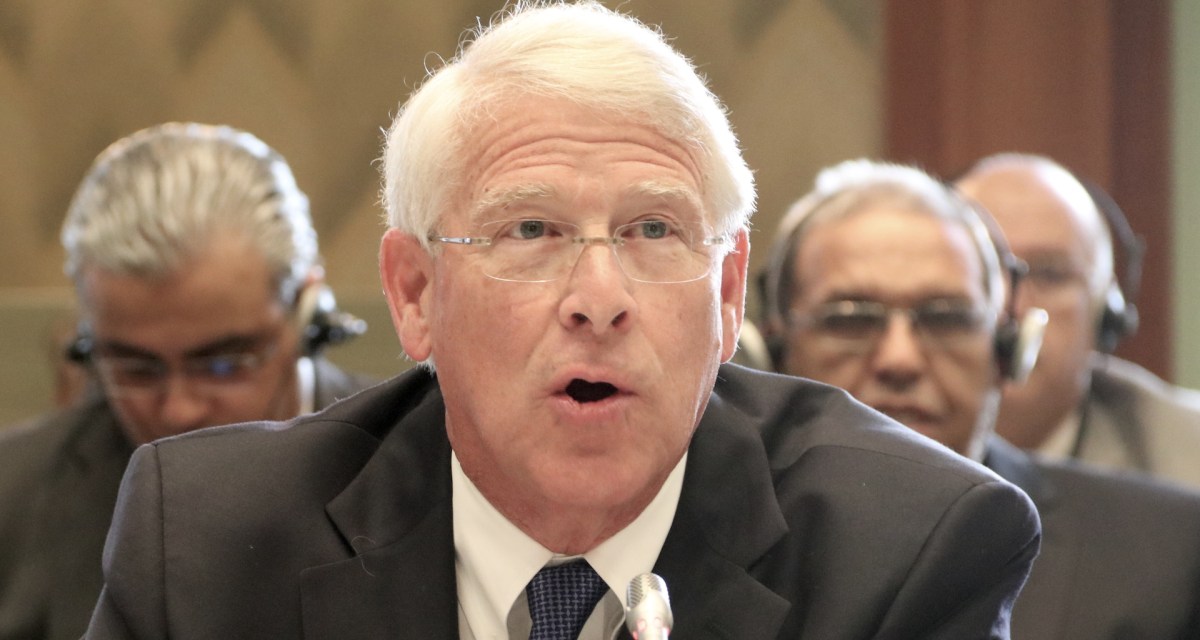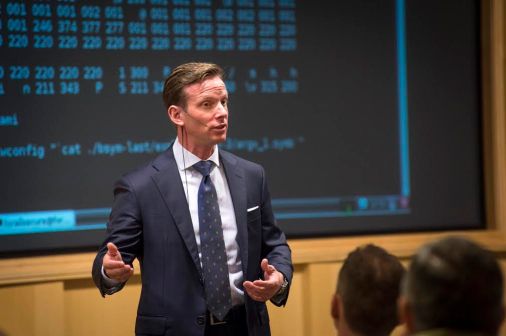U.S. government’s cyber Scholarship-for-Service program would expand under Senate bill

Legislation advancing in the Senate would expand a National Science Foundation scholarship program that funds cybersecurity education for students who commit to government service after they obtain their degree.
The Cyber Scholarship Opportunities Act would expand the NSF’s CyberCorps: Scholarship-for-Service program, which awards grants and scholarships to students in exchange for agreeing to take on cybersecurity jobs in federal or state and local government after they graduate.
The proposal, S. 754, which was marked up and approved unanimously Wednesday by the Senate Commerce, Science and Technology Committee, would expand the parameters of the SfS program so that it can include students studying part-time or in two year courses at community college. It also would mandate a series of pilots at community colleges around the country, including for military veterans.
Workforce experts predict a growing “skills gap” in the cybersecurity workforce, especially for the government, which cannot easily hike its wages. Policy initiatives like the CyberCorps SfS — mandated as part of the 2014 Cybersecurity Enhancement Act — are designed to broaden the pipeline bringing skilled and trained recruits into specialist jobs in government.
The program currently requires scholarship recipients to serve an amount of time equal to the length of the degree course they were funded for in a government cybersecurity job. The bill would make cybersecurity jobs at government-affiliated critical infrastructure providers, like an airports authority or a public power utility, qualify as well as working directly for government.
Finally, the bill would expand a pilot grant program operated by NSF as past of the CyberCorps SfS which aims to engage students at the K-12 level in cybersecurity education as well. The bill would codify the grant awards for K-12 education — ensuring that the program continues.
The bill was drafted by Mississippi Republican Sen. Roger Wicker and is co-sponsored by Democratic Sens. Tim Kaine of Virginia, Patty Murray of Washington and Bill Nelson of Florida, as well as Republican Sen. David Perdue of Georgia. The version approved Wednesday included minor changes to the original bill that Kaine introduced in March.
There is a companion bill — HR 2184 — in the House, sponsored by Homeland Security Committee Chairman Michael McCaul, R-Texas.
“By building upon the successful Scholarship-for-Service program, our legislation proposes smart ways to help prepare students for good-paying, important jobs in cybersecurity and supporting the federal workforce’s national security missions,” said Kaine in a statement. “The bill expands scholarships to community colleges, which are well-equipped to prepare students interested in cyber careers at a lower cost and in less time than traditional, four-year degree programs … I was proud to work with Senator Wicker and the Commerce Committee in a truly bipartisan way to take this bill one step closer to passage.”
An aide to Kaine said supporters hope to get a floor date in the Senate sometime in the fall.


